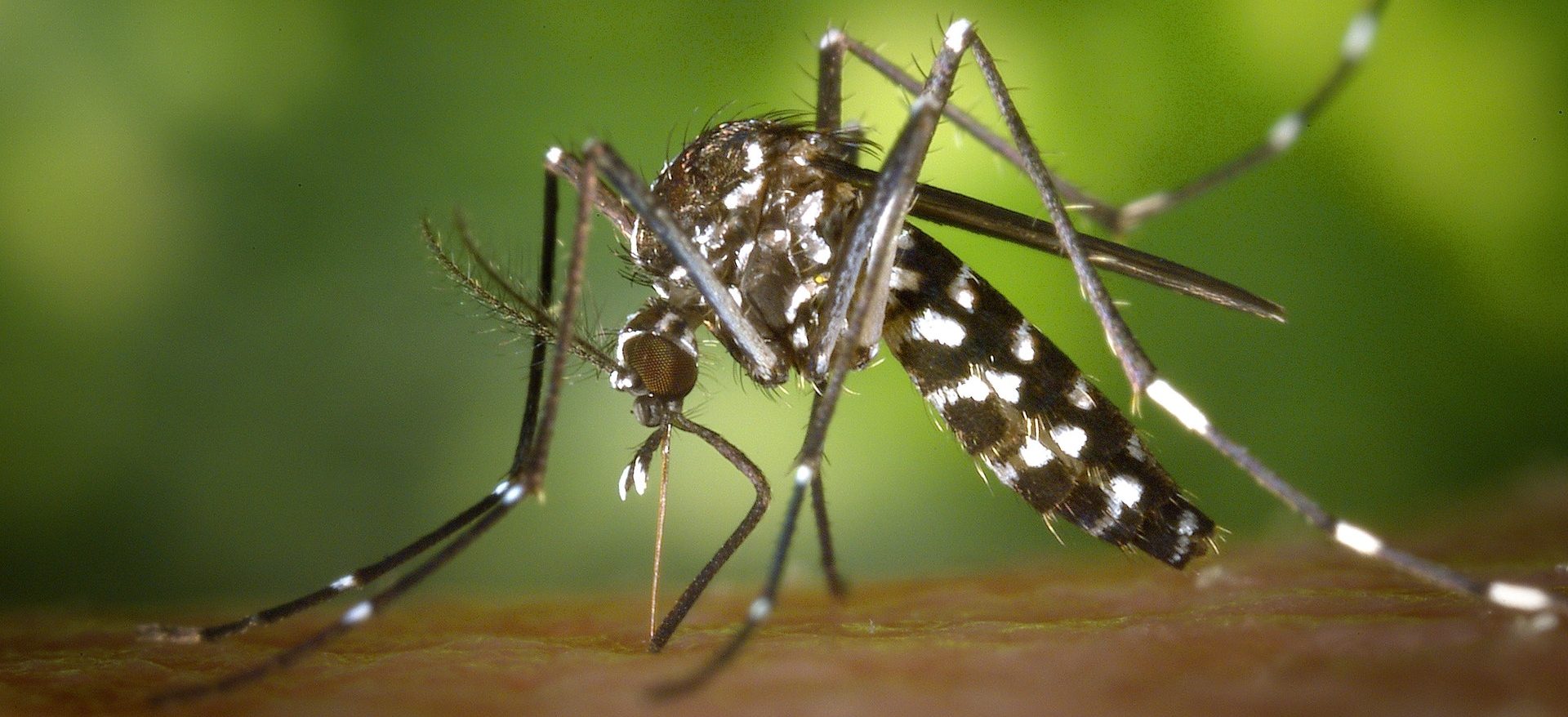21 September, 2015
Malaria death rates have plunged by 60% since 2000, translating into 6.2 million lives saved, the vast majority of them children, according to a joint WHO-UNICEF report.
Malaria death rates have plunged by 60% since 2000, translating into 6.2 million lives saved, the vast majority of them children, according to a joint World Health Organisation (WHO) – UNICEF report.
The report shows that the malaria MDG target to “have halted and begun to reverse the incidence” of malaria by 2015, has been met convincingly, with new malaria cases dropping by 37% in 15 years.
Dr. Margaret Chan, Director-General of WHO said:
“Global malaria control is one of the great public health success stories of the past 15 years. It’s a sign that our strategies are on target, and that we can beat this ancient killer, which still claims hundreds of thousands of lives, mostly children, each year.”
International Development Secretary Justine Greening said:
“The global battle against malaria is one of the great success stories of modern times. Across the world we are now winning the battle against deadly diseases – whether it’s Ebola, smallpox, polio or malaria.
We can be proud of Britain’s contribution to this success, but we cannot stop here. Malaria still causes one in ten child deaths in Africa and costs the continent’s economies around £8 billion every year.
A healthy, prosperous world is in all our interests and the prevention of deadly diseases is one of the smartest investments we can make. That is why, working with malaria-affected countries and partners like the Global Fund, Britain will continue to provide bednets to millions, tackle resistance to life saving medicines and insecticides, and boost health systems across Africa to help bring an end to this terrible disease.”
A factsheet with further information can be found here.
